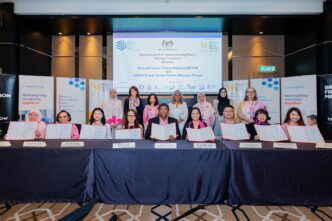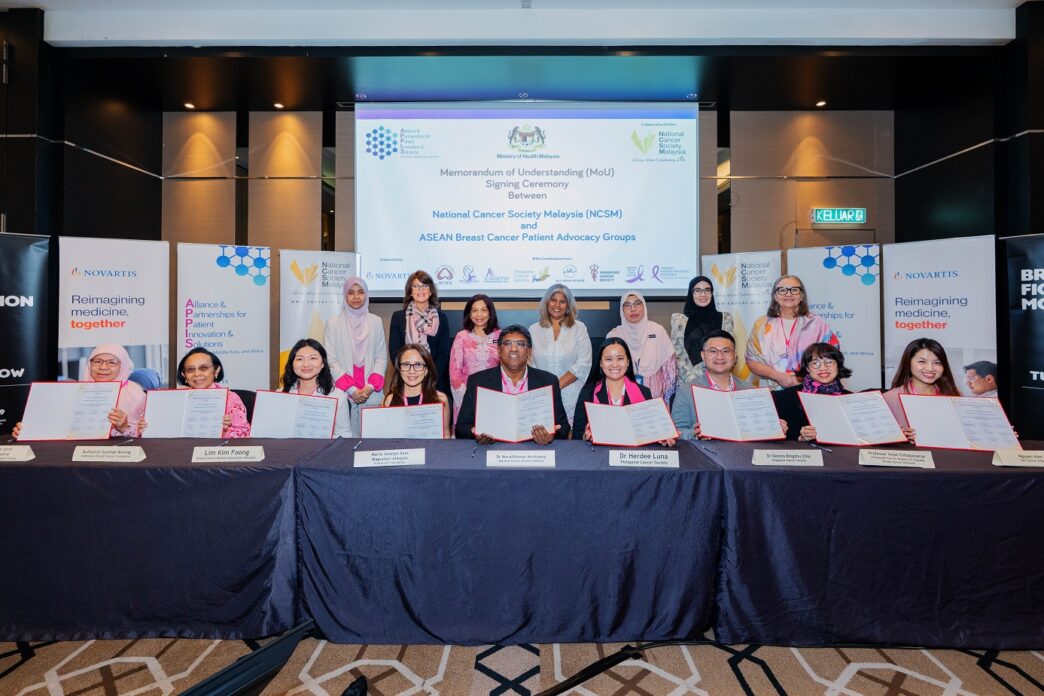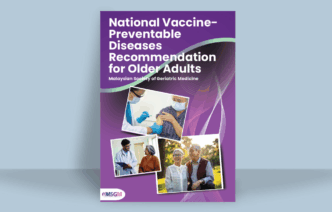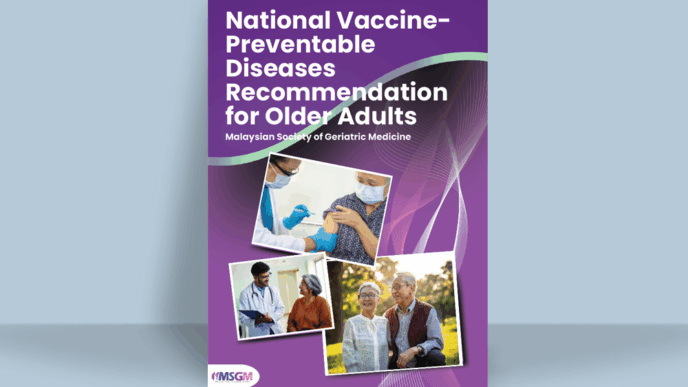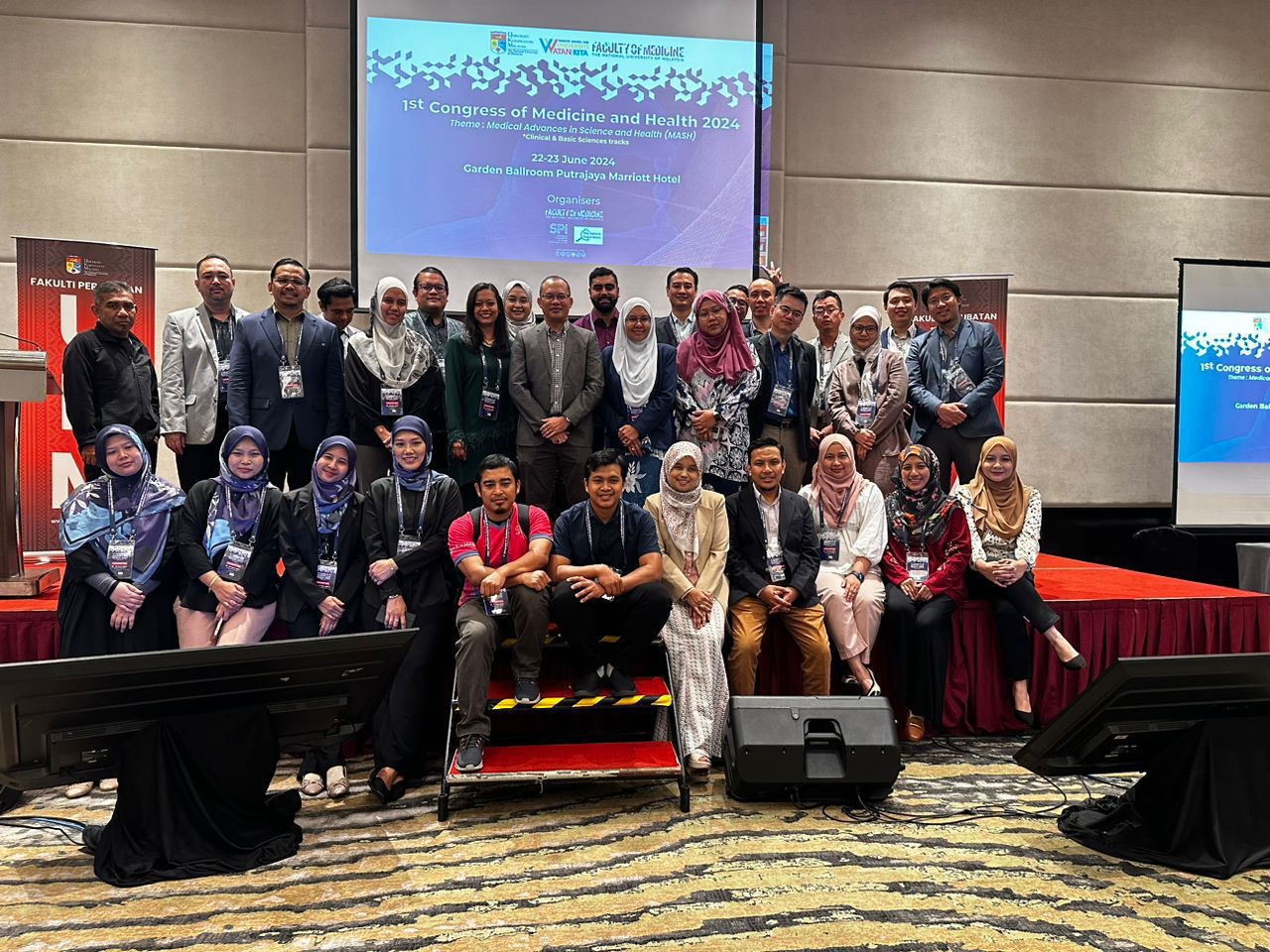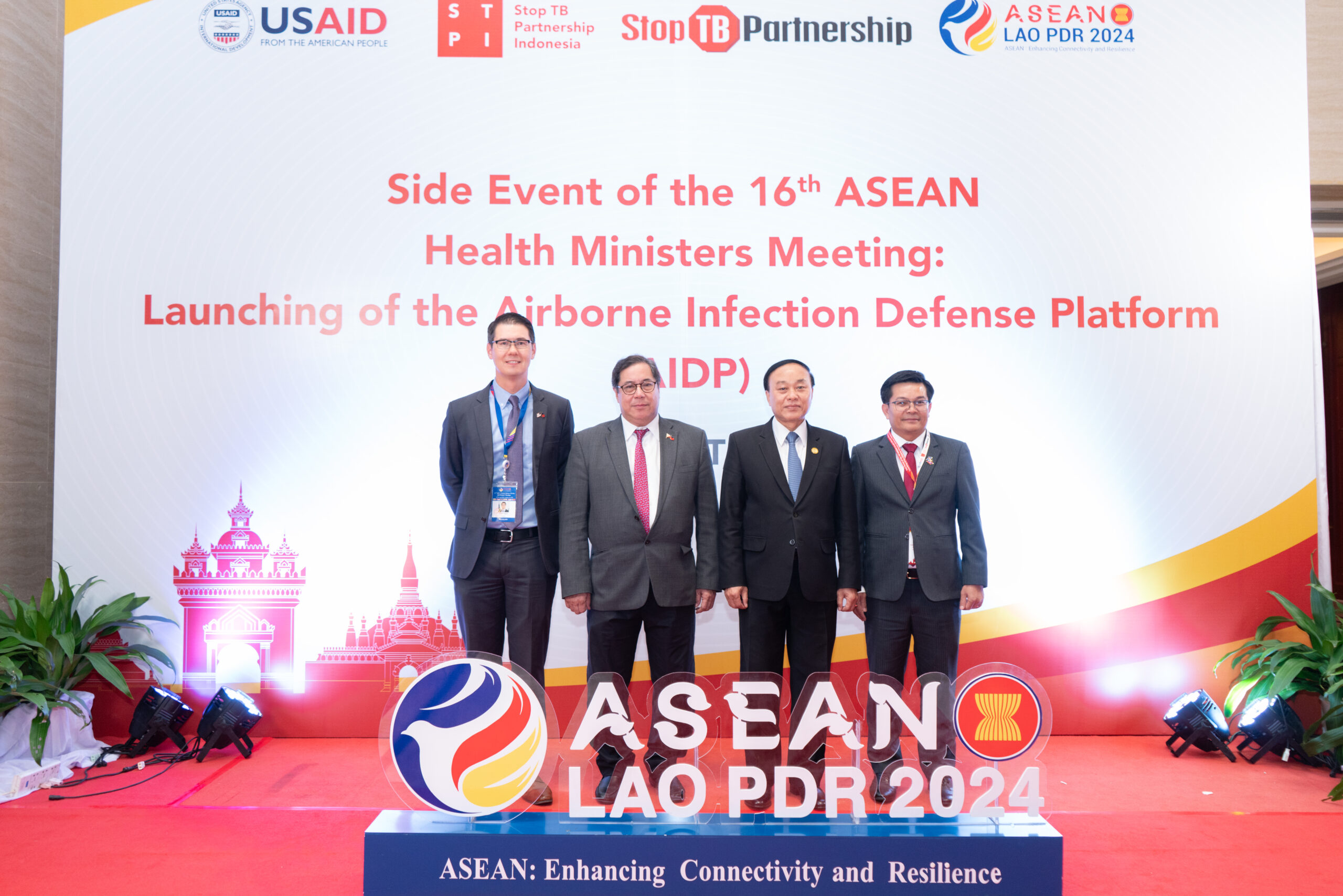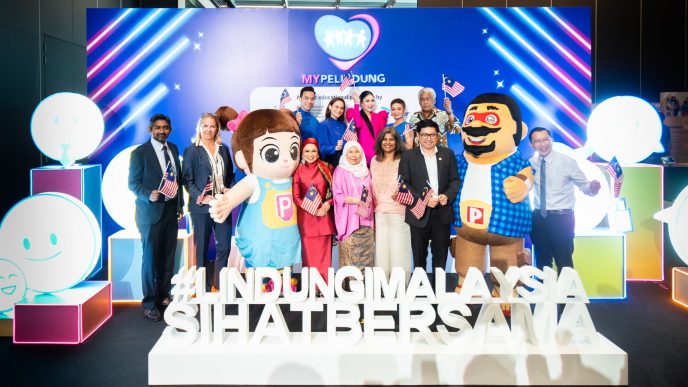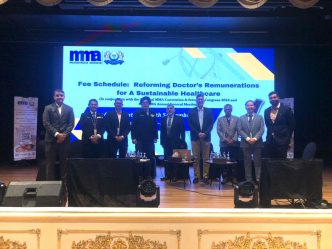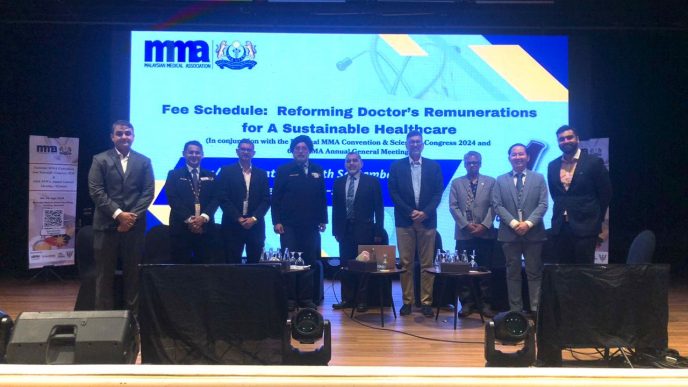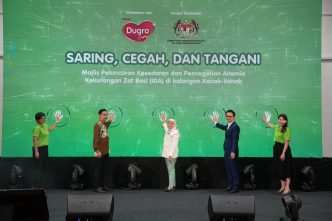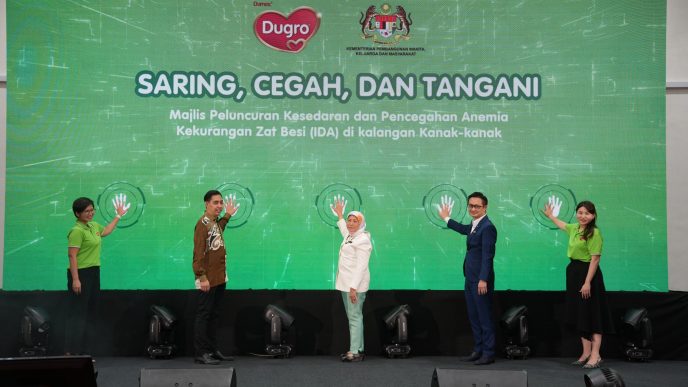Every year, breast cancer claims 140,000 lives across Southeast Asia despite being highly treatable when caught early. Now, patient advocates from seven countries are joining forces to tackle deadly gaps in screening, treatment access, and funding that cost thousands of women their lives.
WORDS LIM TECK CHOON
THE SHOCKING REALITY BEHIND THE BREAST CANCER CRISIS OF SOUTHEAST ASIA
A study, published earlier this year in The Lancet Regional Health, revealed that Southeast Asia experienced a sharp rise of early-onset, pre-menopausal breast cancer cases among women ages 15 to 39.
The highest number of new cases were in Thailand, Singapore, and Malaysia.
Even more heartbreaking is that many of these cases could have been prevented or successfully treated with earlier detection and proper care.
This stark reality brought together advocacy leaders from seven Southeast Asian countries in Kuala Lumpur last week for an unprecedented summit that could change how the region fights its deadliest women’s health threat.
THE NUMBERS TELL A DEVASTATING STORY
- Breast cancer has become the leading cancer killer among women across all ten ASEAN countries, with approximately 300,000 new cases and nearly 140,000 deaths recorded in 2020 alone.
- In Malaysia, the statistics hit particularly hard – over 5,000 new cases emerge annually, while more than 1,600 women lose their lives to the disease each year.
- The Philippines, Malaysia, Singapore, Vietnam, and Indonesia face the highest mortality rates, with Malaysia alone recording 1,681 breast cancer deaths in 2024.
- These numbers represent mothers, daughters, sisters, and friends whose lives were cut short by a disease that medical experts say is often preventable and treatable when caught early.
A HISTORIC GATHERING SPARKS HOPE
The inaugural APPISx SEA meeting was held on 14 and 15 August 2025.
- This marked the first time patient advocacy leaders from Brunei, Indonesia, Malaysia, Philippines, Singapore, Thailand, and Vietnam united under one roof with a singular mission: to save lives through better care, funding, and access to treatment.
- This meeting was hosted by the National Cancer Society Malaysia and the Alliance & Partnerships for Patient Innovation and Solutions, with the support of pharmaceutical giant Novartis.
“Too many families in Southeast Asia know the pain of losing a mother, a daughter and friends to breast cancer,” said Judith Love, President of Asia Pacific, Middle East, and Africa at Novartis.
Her words resonated with the harsh reality that significant gaps in awareness, access, and support continue to plague the region despite medical advances.
BREAKING DOWN BARRIERS
The two-day summit tackled the most pressing challenges head-on:
- Access crisis. Thousands of women across the region still lack access to basic screening and treatment facilities, particularly in rural areas where healthcare infrastructure remains limited.
- Funding nightmares. Many families face financial ruin trying to afford treatment, with some forced to choose between lifesaving care and basic necessities.
- Awareness gaps. Despite decades of campaigns, many women still do not understand the importance of early detection or recognize warning signs.
Yang Berbahagia Dato’ Sri Suriani binti Dato’ Ahmad from Ministry of Health Malaysia put it bluntly: “Access to timely diagnosis, treatment, and support remains uneven across Southeast Asia, highlighting the urgent need for regional cooperation.”
THE GAME-CHANGING APPROACH
What made this gathering different was its focus on practical, actionable solutions.
Rather than simply discussing problems, participants engaged in intensive workshops, shared real case studies, and hammered out specific strategies for change.
The summit culminated in a Memorandum of Understanding that commits all participating countries to work together on three critical fronts:
- Improving screening access
- Bridging funding gaps
- Enhancing advocacy programs to reach underserved communities
“By working together through events like APPISx SEA, we can improve the standard of breast cancer care and provide meaningful and holistic support to patients in need,” explained Kol.Bersekutu (PA) Associate Professor Dr Murallitharan Munisamy, Managing Director of the National Cancer Society Malaysia.
THE STEPS AHEAD
The real test lies ahead.
Summit participants will compile their findings and recommendations into a comprehensive White Paper designed to guide future collaborative efforts across the region.
This document promises to serve as a roadmap for addressing healthcare inequities and could influence policy decisions that affect millions of women.
The timing could not be more critical. With breast cancer rates continuing to climb across Southeast Asia and healthcare systems still recovering from pandemic-related disruptions, the need for coordinated action has never been more urgent.
A RAY OF HOPE
While the numbers paint a grim picture, the unprecedented level of regional cooperation emerging from this summit offers genuine hope.
For the first time, patient advocates, healthcare providers, and policymakers are working together with a shared vision: ensuring that a breast cancer diagnosis in Southeast Asia no longer means a death sentence.
The question now is whether this collaborative spirit can translate into the systemic changes needed to save thousands of lives across the region. For the families currently battling breast cancer and those who will face this challenge in the future, the stakes could not be higher.
| This article is part of our series on milestone events in the health landscape. |

